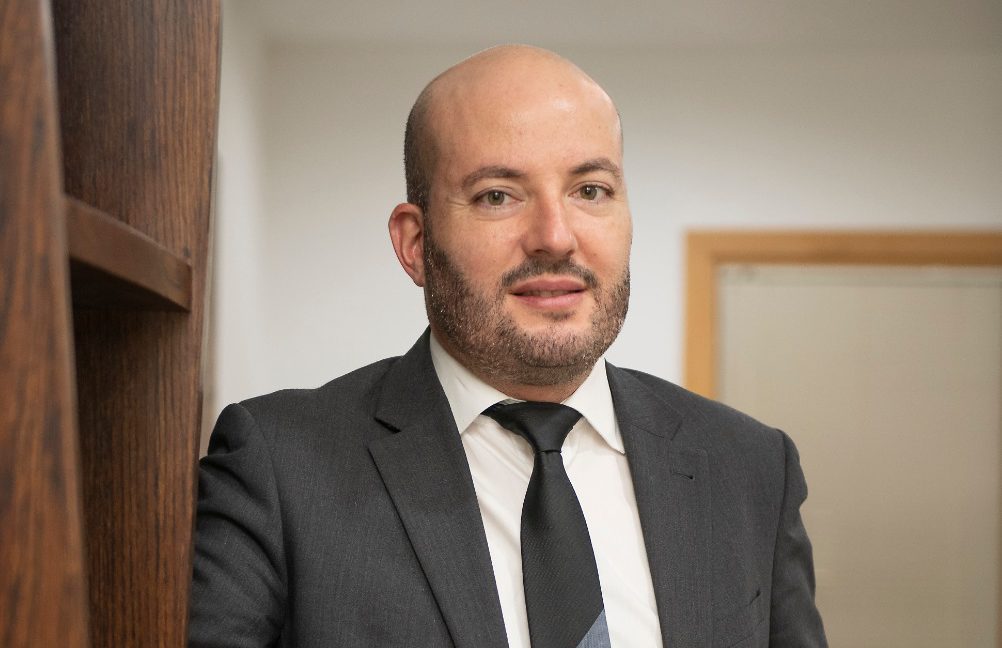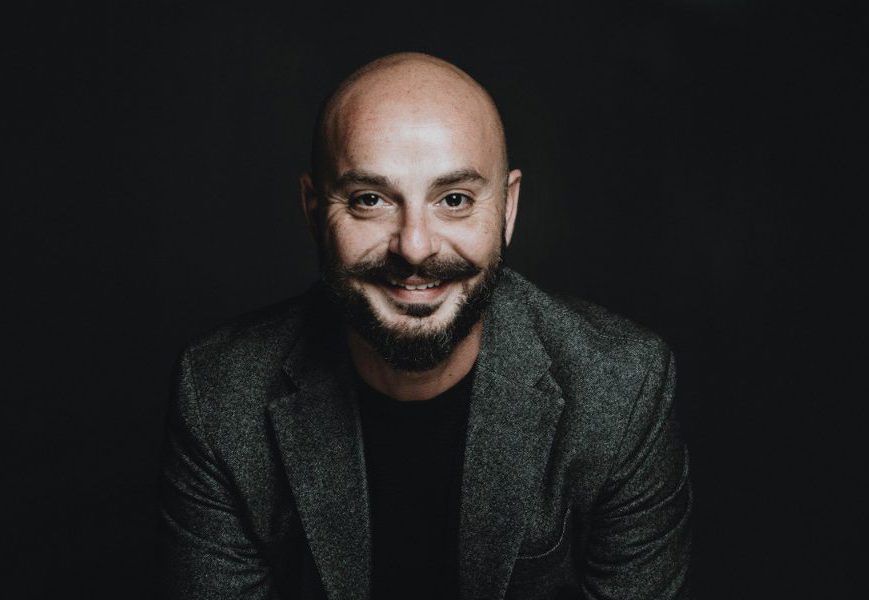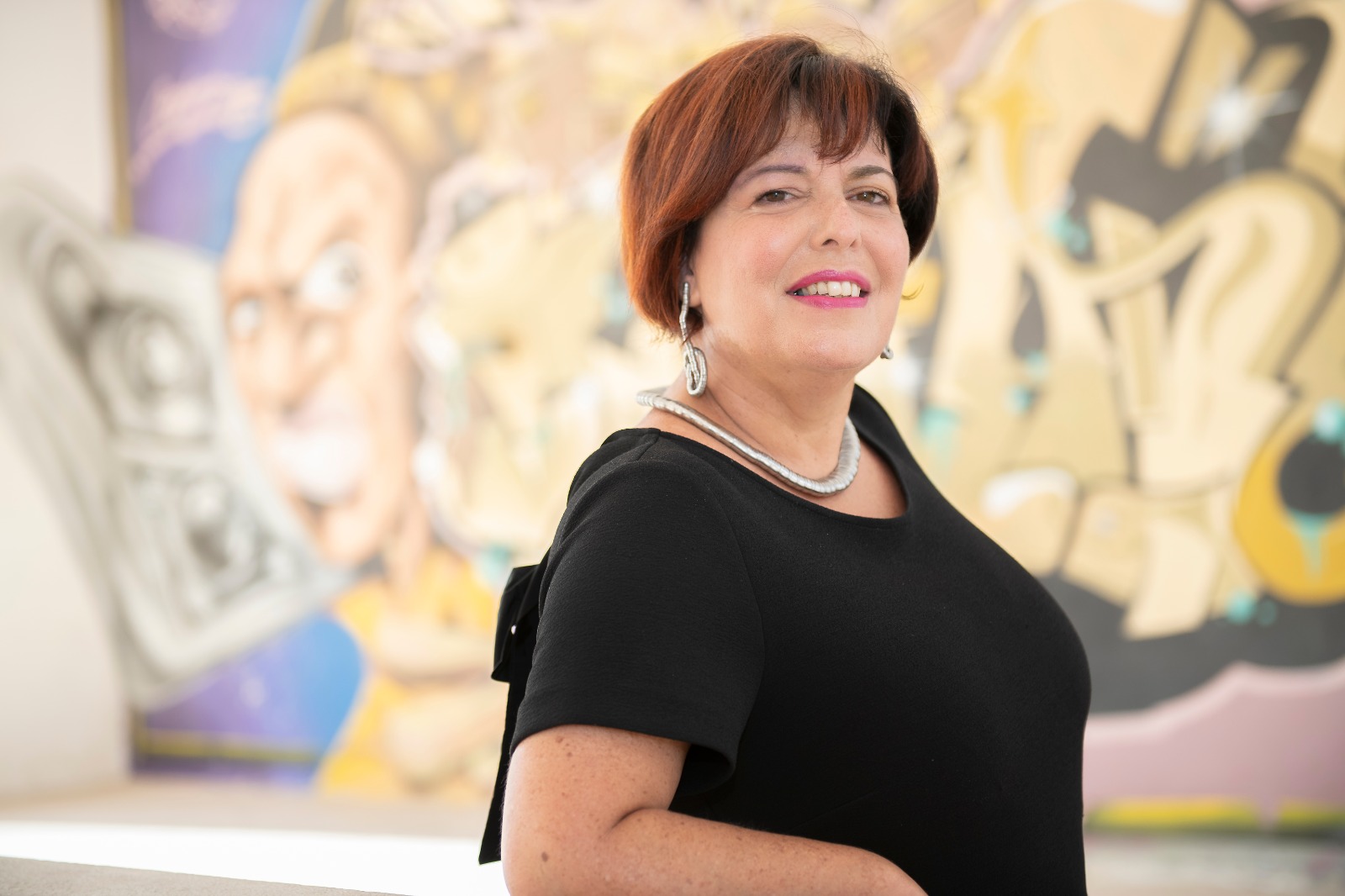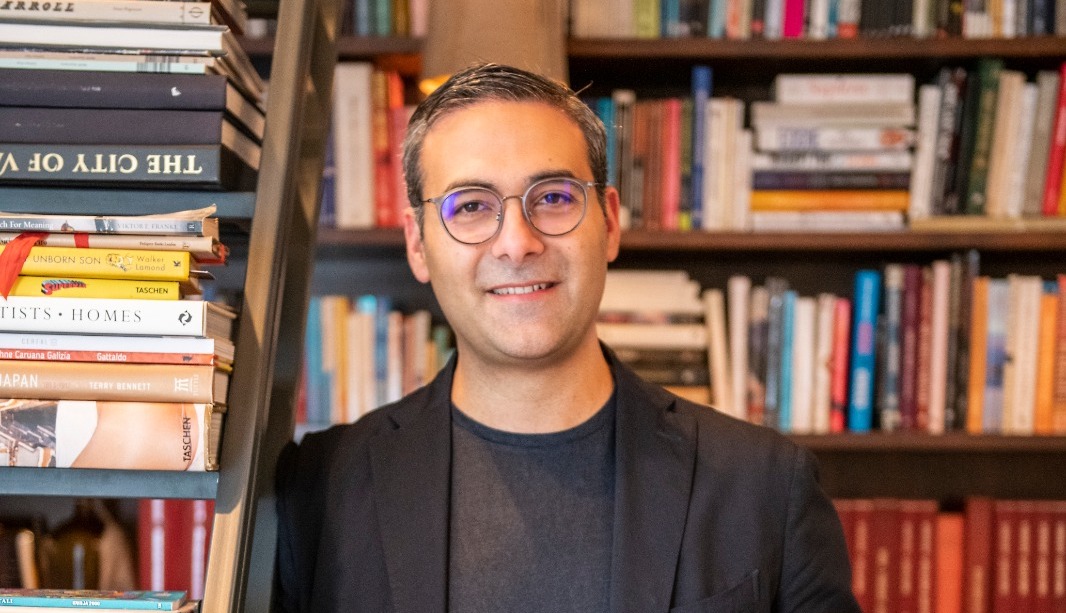Family businesses have always been critical to the success of Malta’s economy and this is something that Family Business Office’s Joseph Gerada knows only too well – and it’s a role he takes extremely seriously. As Regulator, Joseph applies the 2017 Family Business Act to the business world, to consider whether or not a company is eligible to be registered as a family business.
Beyond that he promotes the Government’s vision for the sector, such as encouraging business transfer from one family member to the next seamlessly, succession planning and so on, while also finding new ways to incentivise and help family businesses by placing them on a level playing field with other companies.
Admittedly, his position today isn’t one Joseph saw coming. He studied law and graduated in 2014, while also working at the Ministry for Economy and Investment. “I joined one of the steering committees there that was dedicated to developing the Family Business Act and I assisted Dr Nadine Lia, who actually set up this office,” Joseph explains. “Being involved in those early days was really inspiring and I was motivated by the impact and potential of this aspect of Malta’s business world.”
Having been involved since the Office’s inception, Joseph was the obvious choice to replace Dr Lia when she was appointed Magistrate. “I instantly accepted,” he recalls with a smile. “I am very passionate about helping family businesses and my legal background enables me to do just that.”

And although he only runs a small team of two employees, Joseph and the office service 188 businesses, while also reaching out to encourage others to become registered. “To me leadership is all about empowering people by giving them responsibility while, at the same time, providing a healthy working environment that aids them in developing their abilities. I am not the kind of person who tells others when and how they should work,” he says.
Joseph also relishes the challenges of his varied role, and is most enthused by the opportunities to ensure businesses can carry on into the future, even if their founder is no longer in the driving seat.
“Of course it isn’t always easy to go into a family business – which is sometimes fraught with the usual ups and downs that families face – and offer advice without stepping on toes or being imposing. But I see my role as one of educator, which is where my original degree in education really helps. After all, helping family businesses means making a successful change in culture, and that can only happen through education. It’s about finding the solution that best suits the business going forward, with or without the family member that started it. Just because a particular business or model was successful 20 years ago doesn’t mean it will be in the future,” the Regulator insists.
In fact, patience is one of Joseph’s greatest strengths as he guides families towards the next phase in their company’s development. “And our Office can’t do it alone,” he says. “As a result, one of our strategies involves reaching out to a wider selection of people like lawyers and notaries, so that they can pass the message on to their own clients.
“Family businesses can have trust issues, and they are often more likely to trust their accountant than the Regulator. The good news is that once they do trust us, they realise we are here to help and that there are numerous membership benefits they could make use of.”
The trust the Family Business Office had built up came in handy at the start of the pandemic, when many businesses were hit hard by the dramatic changes to the market. “70 per cent of all businesses are family businesses,” Joseph continues, “and many were impacted.”
“Some froze and waited for things to go back to normal, while others quickly realised they needed to start thinking about alternative revenue streams and models. Letting staff go is hard at the best of times, but when those staff members are also family it can be much harder and more complicated.”

So Joseph’s role was to encourage businesses facing hardship to think outside the box, while also putting pressure on the authorities to provide the right level of assistance. “In some cases it was really inspiring to watch these family teams find new opportunities and come up with innovative ways to service their clients,” he says.
As a member of the European Family Business Association, Joseph was able to seek advice from other European nations and, together, they discussed the latest Europe-wide issues and how to encourage support at an EU level too. “We walked the line between getting the right support and inspiring businesses not to be too dependent, but to find new market demands and cater for them,” he says.
As he reflects on the year, Joseph admits that the COVID-19 pandemic was impossible to prepare for. The Office itself had a number of scheduled events that ‘went down the drain’, although many did move online and actually reached more people than they may have originally. “We also launched a TV show about family businesses and have had a fantastic response.”
“It’s all about how quickly you adapt. This year has taught us that you have to have different revenue streams instead of keeping all your eggs in one basket. It was clear that those companies with diversified portfolios and digital channels were able to keep going more effectively than those that didn’t.”
Digitalisation, in fact, is one of the issues that many of the FBO’s members were worried about pre COVID-19, along with finding the right people to employ.
“In many ways the pandemic has affected both of those issues. Many businesses have moved their pending digitalisation plans forward over the past few months, and that is a very good thing. Meanwhile, the HR shortage also changed overnight and, now, businesses have a larger pool of candidates to tap into. Both of those factors, together with the new vaccine, will hopefully mean businesses can get on their feet faster than expected,” he enthuses.
As for Joseph and the Office itself, he hopes that 2021 will be the year he can achieve what he hoped to achieve in 2020 to bolster outreach and increase the number of businesses registered.
“The more members we have, the stronger our lobbying power will be and the more we can help this important part of our economy. Supporting family businesses in this way, along with the planned incentives that are in the pipeline, will lead to very good things,” he concludes.
This interview is part of a serialisation of 50 interviews carried out with Malta’s top CEOs, featured in the bumper edition of MaltaCEOs 2021 publication, which was recently released. Despite the many challenges of 2020, this is the largest edition to date.
Featured Image:
Bernard Polidano
‘No one has a monopoly on ideas’ – Trust Stamp CEO, Gareth Genner
With an extensive background in entrepreneurship and tech, Gareth Genner combined his passions to launch start-up company, Trust Stamp.
‘Our ethos is quality’ – Reuben Lautier, Director of Natural Stone Workshop
Reuben has been running the business, set up by his father in 1984, for almost 20 years.
‘I relish the opportunity to inspire young people to learn, and to learn from them’ – Miriam Teuma
Agenzija Żghażagh provides young people with the time and space to make friends, learn new things and develop their talents.
‘People don’t work for a company, they work for a leader’ – Gege Gatt
The CEO of EBO, an artificial intelligence firm established to connect businesses with their customers through AI-based conversation automation, shares ...









